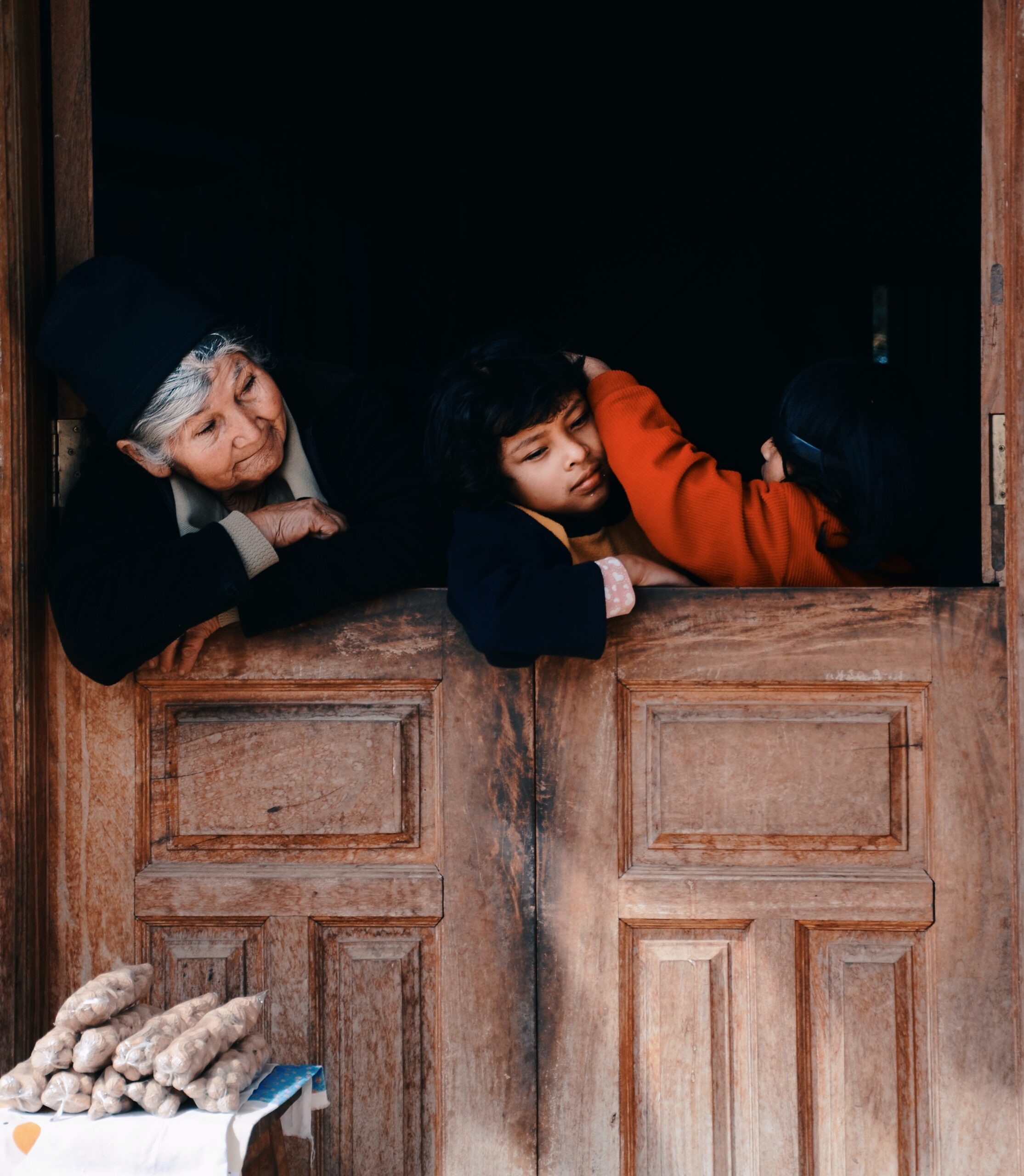Explora Grows Expeditions in the Altiplano through Strong Human Relationships with Local Communities
The road to creating a profound journey from the Atacama Desert through the Uyuni salt flat was laid with relationships that deepens the traveler’s experience
The route connecting the desert community of San Pedro de Atacama in northern Chile to the stunning Uyuni salt flat in southwest Bolivia has been a transit area for millennia. Traveled since nomadic times by native Andeans seeking food and raw materials, today it hosts visitors from all over the world to experience the immersive Travesía Atacama-Uyuni nomadic journey from Explora, and travelers are inevitably moved by the unique geography and culture of the region.
On the journey across the border, travelers cross the driest part of the Atacama, the driest desert in the world, and enter the highland plateau of the Andes, at 4,000 meters or 13,120 feet above sea level second in elevation only to plateaus in the Himalayas. Attractions are impressive: Intensely colored lagoons with large populations of pink flamingos, geysers spewing hot water and steam, and the white-and-bright Uyuni stretching 10,000 square kilometers with 32 islands between them. The sky steals the show after sundown as the best place in the world for stargazing.
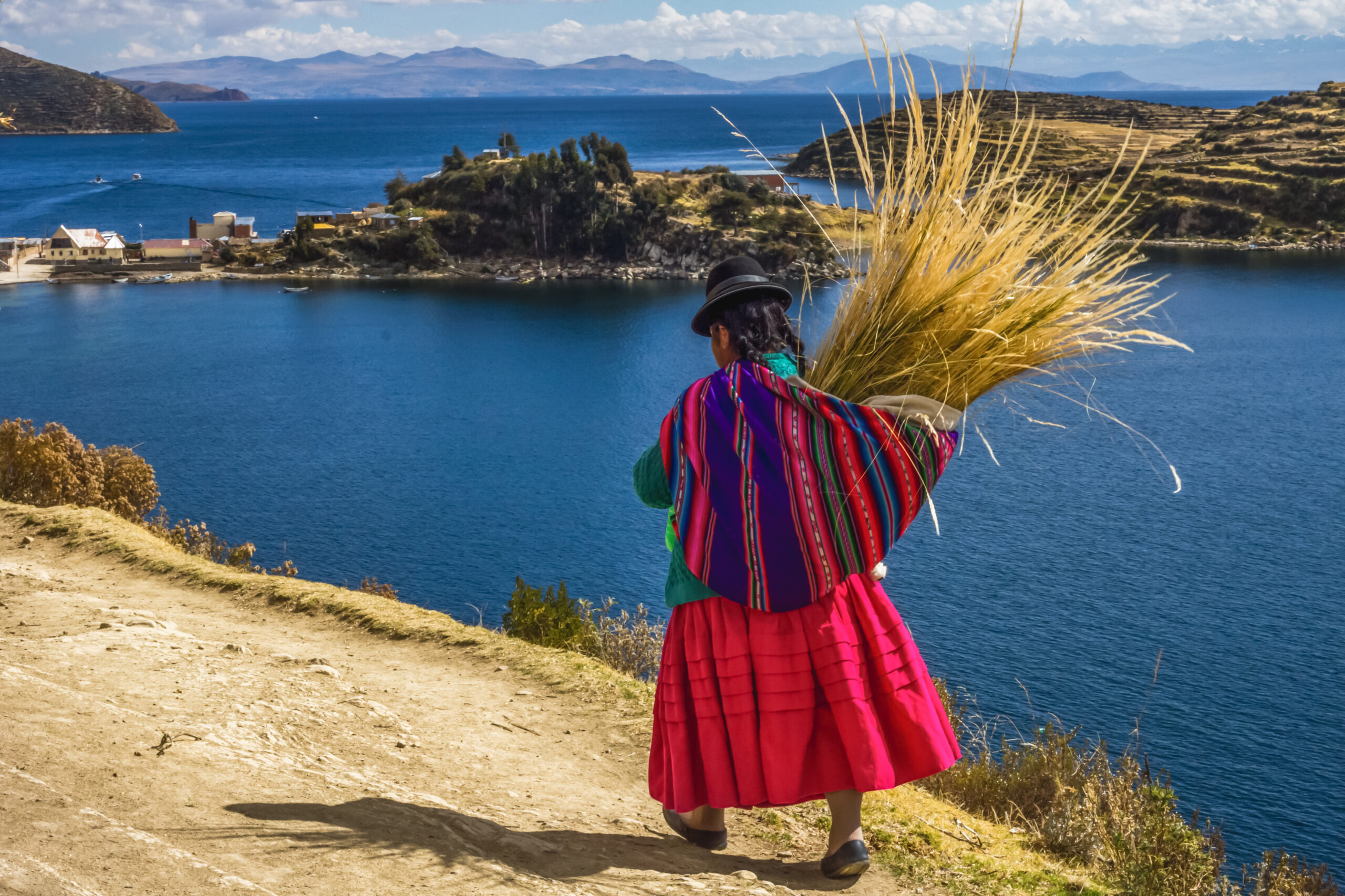
Building Trust with Benefits
There are only a few ways for travelers to discover this highland region, but for real immersion in the land and its cultures, one needs to revisit ancestral trails across territories that belong to native communities to this day. To develop the Explora Travesia, Explora was careful to comply with the regulatory framework erected by Bolivia while cooperating closely with local communities that call it home.
The Travesía can proceed from either end of the route, with Explora mountain lodges in Ramaditas, Chituca, and Jirira in Bolivia offering modern and comfortable shelter for travelers to rest and dine before the next day’s adventures. Situating mountain lodges in extreme areas is a complex task that entailed building trust with local communities to work together on experiences that make travelers feel welcome instead of intrusive.

“Ultimately, trust in people proved to be the cornerstone of the relationships we built,” recalls Juan Marambio, Sustainability Manager for Explora, who worked with Destination Manager Arturo Rosas to develop the Travesía. “It took many hours of conversation for us to forge strong human relationships, rather than merely monetary ones.”
Adds Rosas: “I can’t tell you how many lunches and beers and ceremonies and customs Juan and I have shared with locals over the years to bring the Travesía to fruition.”
After establishing a personal bond with locals, the pair spent many hours detailing the project to dispel any fears that Explora was planning a large, disruptive hotel in the region, as well as to explain the reality of mountain lodges as light shelters that can be easily erected and dismantled with negligible effect on the landscape.
“Being sincere and clear turned out to be the key,” says Rosas.
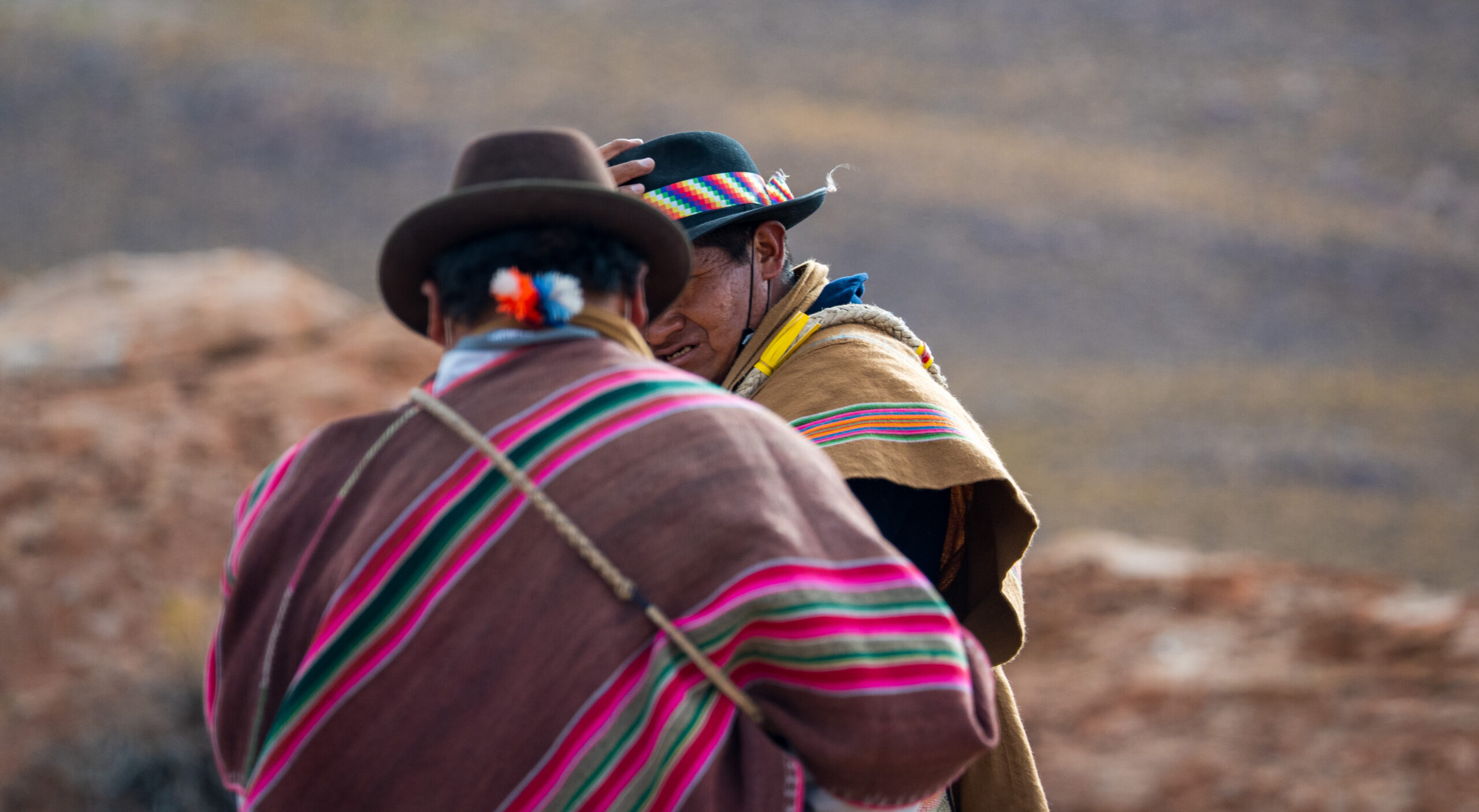
Reviving a Community
Along with drawing travelers from afar, Explora’s arrival in the region has inspired many community members to return, as they can now find work in their hometown.
Iris Nina, 38, is one of them. Born in Jirira, she lived in the village until she was four when, like many community members, she relocated with her parents to the Bolivian capital, La Paz, for work. They used to only return to Jirira a few times a year to take care of their quinoa plantations. Now, they’re there to stay.
“Thanks to the Explora mountain lodge, I returned to be with much of my family and we have grown very close. Explora recognized the culture that was being lost and has been able to revive it.”
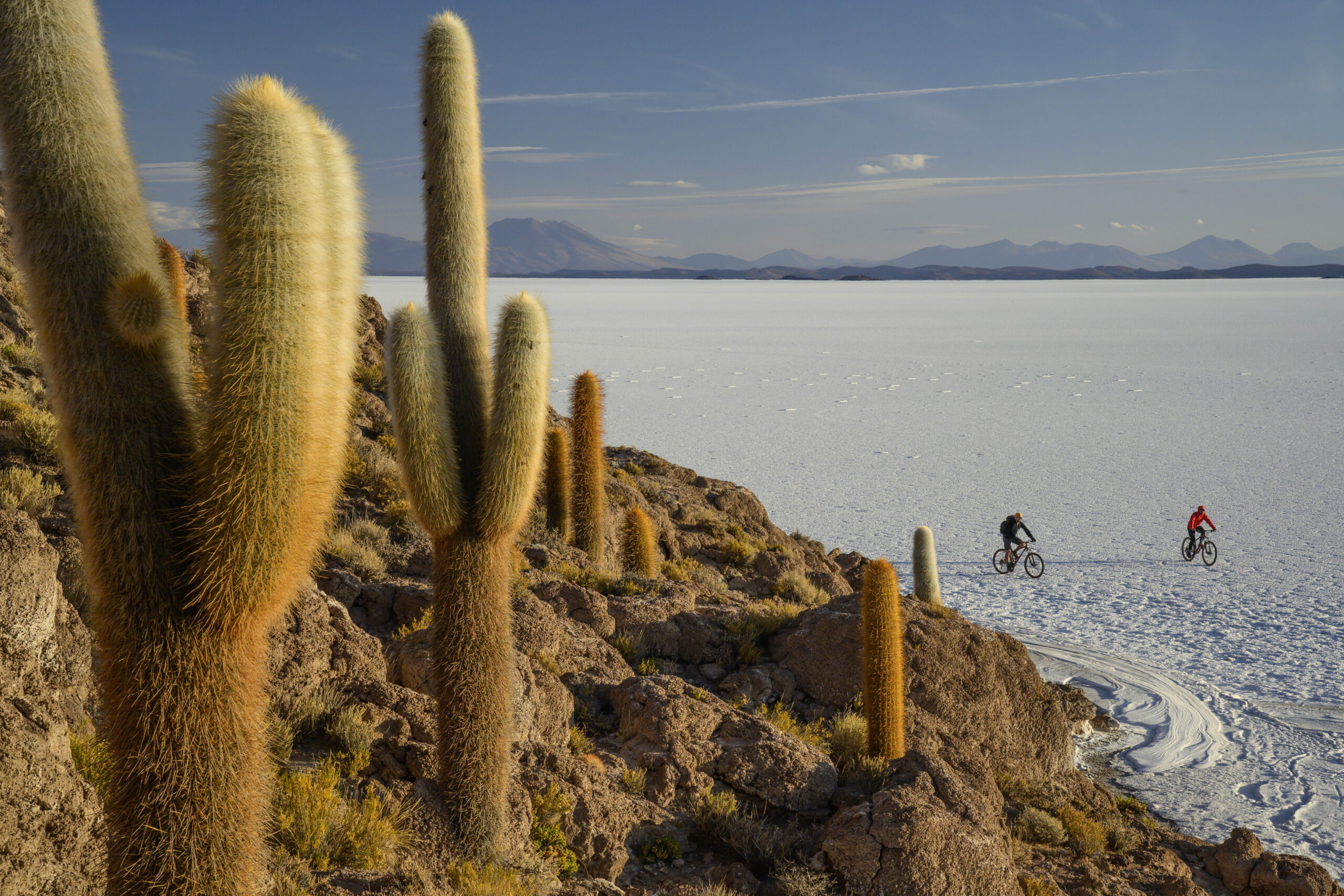
In addition to its lease on the land, Explora agreed to purchase products from the local community and hire residents to operate the hotel. Such commitments add value to the company’s experiences, with each lodge operated by “camp staff” that receive travelers after their explorations and take care of cooking, service and maintenance.
As one of the camp staffers, Iris enjoys the relationships she develops during travelers’ stays. “It’s always great to talk and share my knowledge of the land and our culture to make travelers feel welcome and comfortable.”
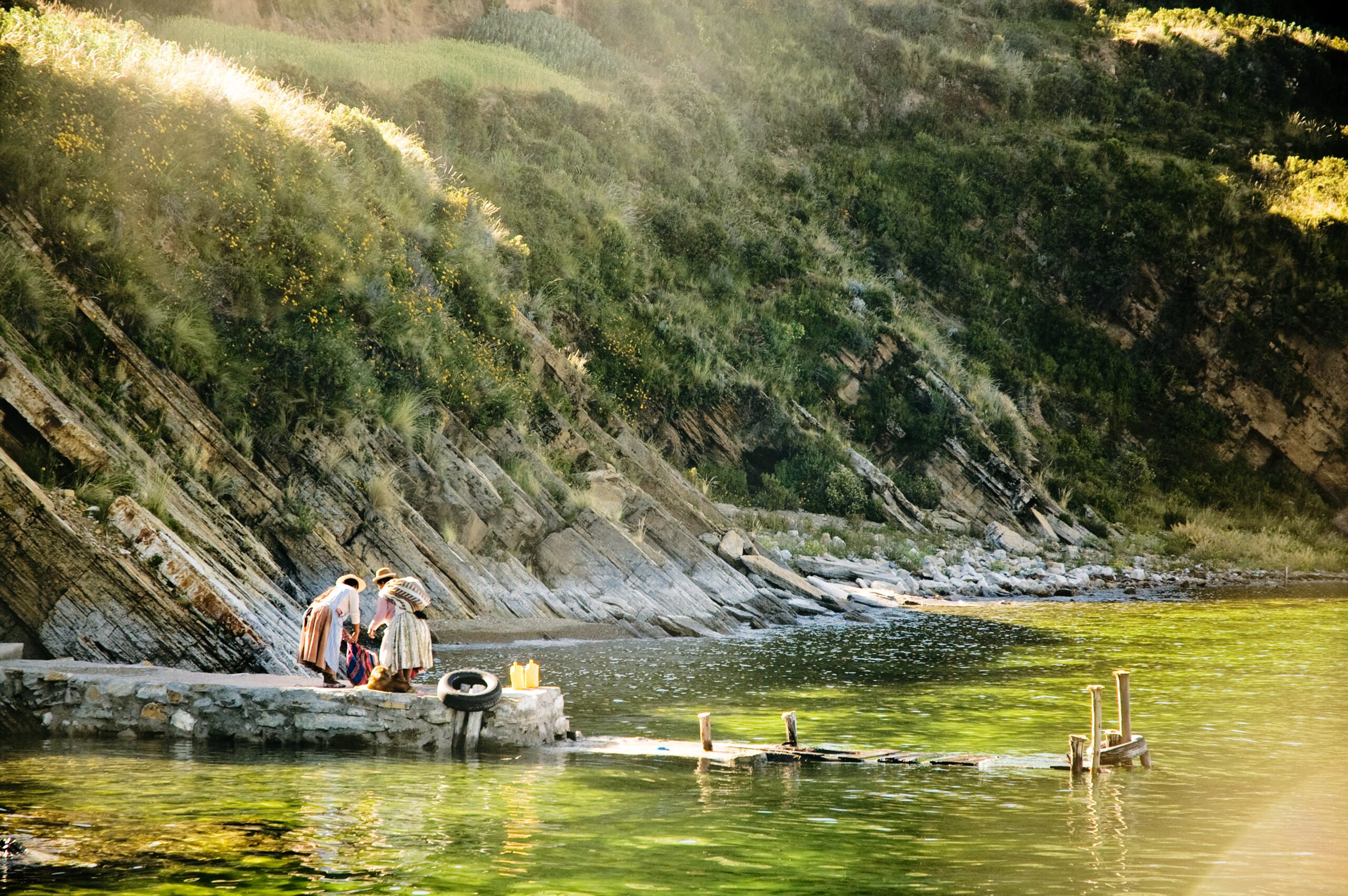
The culinary proposition of the lodges goes a long way toward that as well. Created with inspiration and advice from Ancestral, an award-winning restaurant in La Paz where Explora camp staff receive training, the lodge menu reflects ingredients and preparations of the region, taken to their maximum expression.
“Tonight, we are serving Chicken Sajta, a favorite of our region,” Iris will explain, spiritedly, detailing a dish of, say, chicken cooked in yellow chili, with short pasta that is roasted to give it a golden hue. Accompanied with chuño, potato flour with cheese and egg batter, “it will satisfy the heartiest appetites,” she’ll add to inevitable smiles.
Iris appreciates the revival that Jirira has experienced since Explora came to town, and notes that inhabitants are reopening the local primary school, which had closed because most of the children had migrated. “Explora came to be part of the community, and by working with us, we are now preserving it together.”
